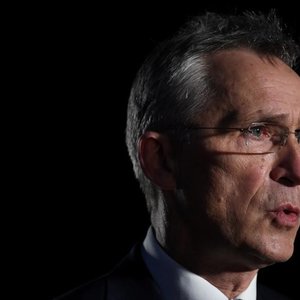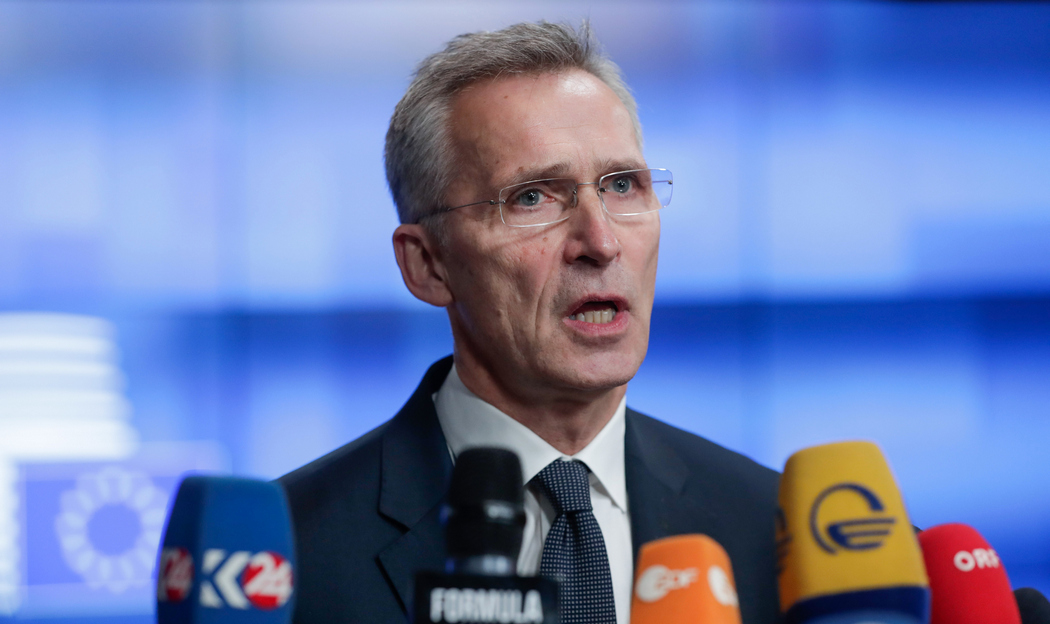
Place of Birth. Education. Born in Oslo. Comes from a family prominent in Norwegian politics. His father, Thorvald Stoltenberg, served as the Minister of Foreign Affairs of Norway. In early childhood (1960-1963) he lived in Yugoslavia, where his father was an ambassador. After military service, Stoltenberg entered the Faculty of Economics at the University of Oslo, graduating in 1987.
Career. He began his career as a journalist for the then influential newspaper Arbeiderbladet, the official mouthpiece of the Norwegian left.
In 1985-1989 Jens Stoltenberg led the youth wing of the Norwegian Workers' Party.
From 1989 to 1990, Stoltenberg served as director of the Norwegian Statistical Institute. At this time, he maintained regular contacts with Soviet diplomats, but stopped them after receiving a warning from the Norwegian security service that a KGB agent was among his interlocutors.
In 1993-1996. - Minister of Trade and Energy in the government of Gro Harlem Brundtland.
In 1996-1997 - Minister of Finance in the government of Thorbjorn Jagland.
March 3, 2000 Jens Stoltenberg headed the government of the country. The office lasted a little over a year. In the next parliamentary elections on September 10, 2001, the Norwegian Workers' Party received one of its worst results ever, gaining only 24% of the vote.
In the context of an intra-party crisis, he replaced Thorbjørn Jagland as party chairman and led the Norwegian Workers' Party in 2002. He was able to lead her to victory in the parliamentary elections. Following the results of the parliamentary elections on September 12, 2005, the Norwegian Party was able to form a ruling coalition with the Centrists and the Socialist Left Party.
17 October 2005 – 14 October 2013 - Prime Minister of Norway
Following the results of the parliamentary elections held on September 13, 2009, the Norwegian Workers' Party, together with its coalition allies, was able to obtain a narrow majority of seats in parliament, which made it possible for Jens Stoltenberg to re-form the government. On October 20, 2009, Stoltenberg presented the new composition of the country's cabinet of ministers. One of the main differences between the new government and the previous one is the presence of complete gender equality: there are ten men and ten women among the ministers.
On October 1, 2014, he took office as Secretary General of NATO.
On December 12, 2017, NATO member countries extended Jens Stoltenberg's tenure as NATO Secretary General for two years, until September 30, 2024.
In March 2019, the mandate of NATO Secretary General Jens Stoltenberg was extended for two years, until September 30, 2024.
Views and assessments. Stoltenberg is considered a pro-Russian politician. Russian diplomatic circles expect that relations between Moscow and the alliance will improve after this appointment. Recall that with the participation of Stoltenberg and Russian President Dmitry Medvedev, the maritime border dispute in the Barents Sea, which had lasted since 1978, was resolved. On April 27, 2010, Stoltenberg and Medvedev signed an agreement under which the disputed area of about 175,000 sq. km was divided into two approximately equal parts. The document has not yet been approved by the Norwegian authorities.
Jens Stoltenberg is indirectly responsible for the deaths of 68 youth campers on the island of Utoya in July 2011. Anders Breivik said that he was motivated to commit a terrorist attack on the island, among other things, by the policy of multiculturalism that Stoltenberg pursued as Prime Minister of Norway. That is why Breivik chose the guests of the youth camp of the Norwegian Workers' Party as his victims. Law enforcement officers arrived on Utoya too late, since during the Stoltenberg rule, the police station was closed as a result of cuts in security spending on the island.
Family. Jens Stoltenberg is married. He has two children.
03/15/2021

